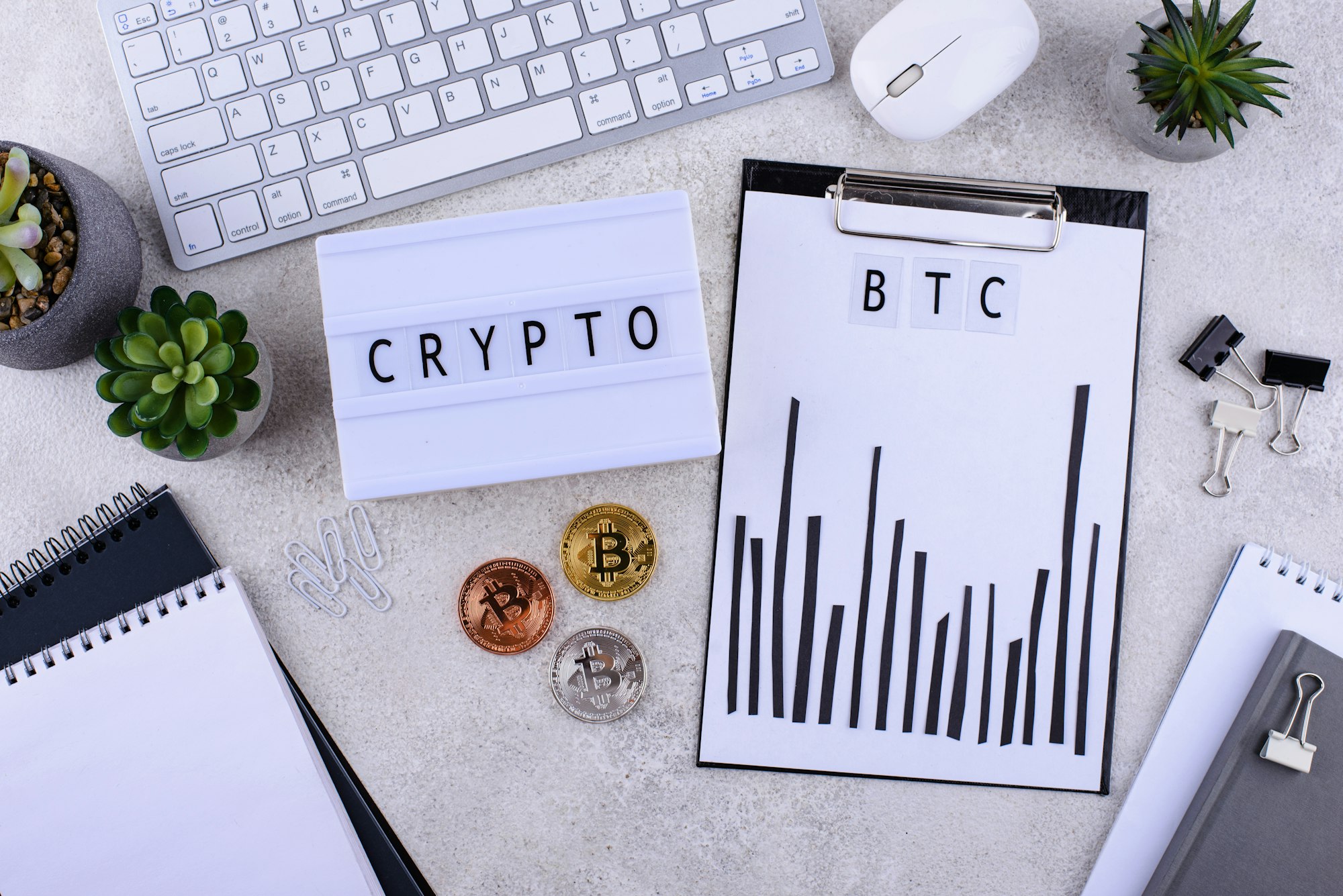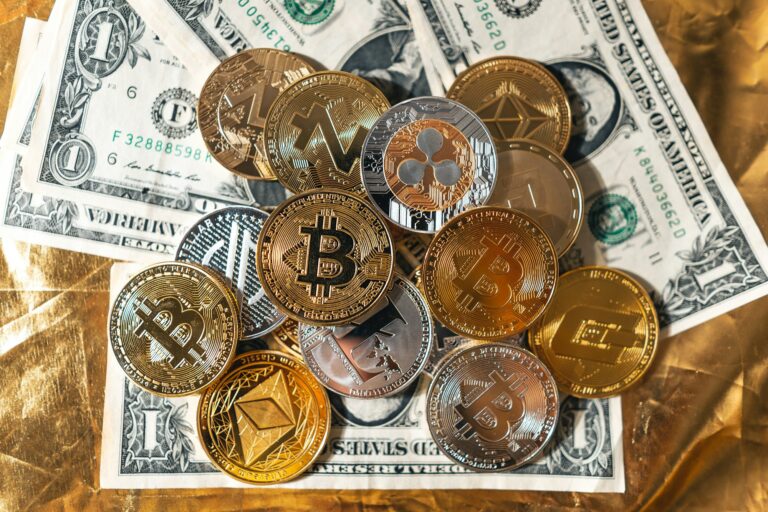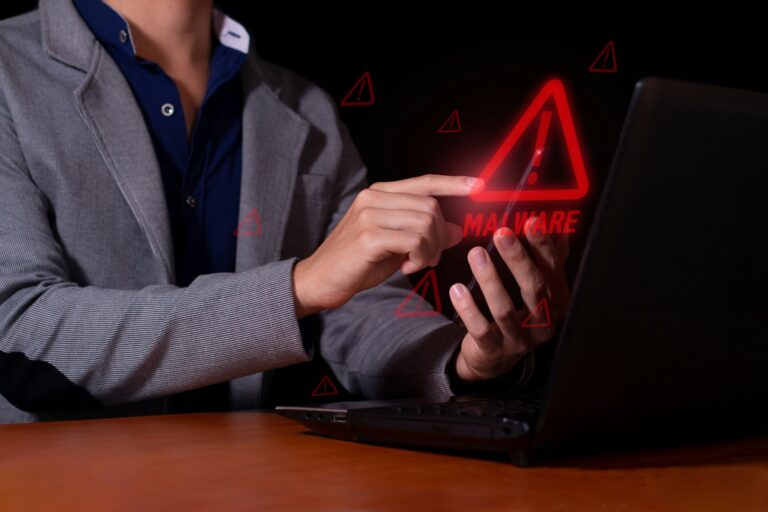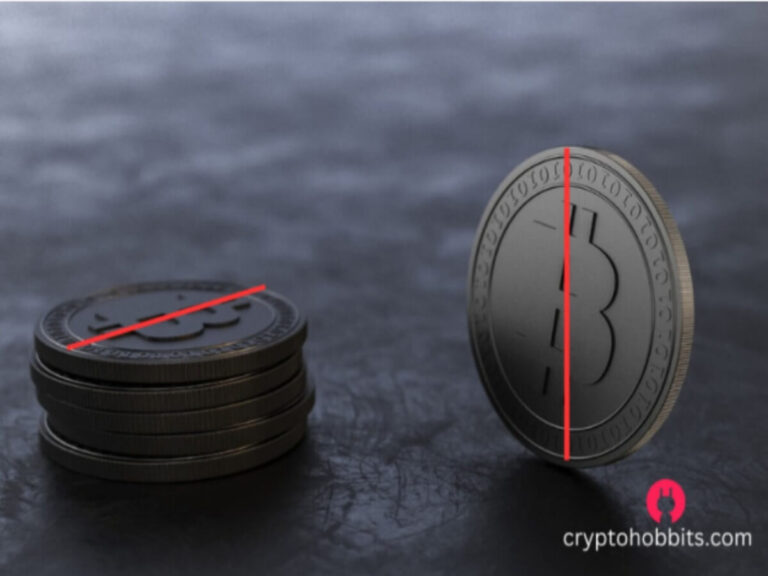CRYPTO GUIDE FOR BEGINNERS -TIPS FOR SUCCESS
Introduction
Cryptocurrency is increasingly becoming a part of modern businesses. It is easy to feel lost in the conversation if you do not know what it is like. Like other things related to money, it is important to have some foundational knowledge. This article is a Crypto guide to start your learning.
It will highlight 5 basic things you must know as a beginner in cryptocurrency to make your journey much faster. These are;
- Where to find useful information about any cryptocurrency
- Exchanges
- Wallets
- How to track your transaction using crypto explorers
- Joining some cryptocurrency communities
Your Crypto guide as a beginner in crypto should address these items as they are part of your daily activities in Crypto.
5 Things You Must Know As a Beginner To Crypto
1. Where To Find Information About Any Cryptocurrency
The cryptocurrency space relies heavily on information. As a beginner, you need a place to get the correct information about any coins or tokens. From Bitcoin itself to Ethereum and the tens of thousands of other cryptocurrencies. Your first crypto guide is where to find information about crypto.
The two most popular sites or platforms to get information about any cryptocurrency are as follows;

These two platforms will provide useful information about any cryptocurrency. Market data like the price of the cryptocurrency – current and historical data, exchanges or where you can buy them, and other similar projects.
You also get other useful information about the tokens such as the official website of the token, social media accounts, brief snippets about the project, and contract addresses to help you properly identify the token on an exchange (to avoid scams) and sometimes, even important press releases about the token. a as well as brief snippets of what each project is about.
Before you buy any coin, check details about the coin on these platforms. They are both valuable research tools. Any coin not listed on either of these platforms is likely to be worthless. It invariably means it is not on any major exchange
2. Where To Buy or Sell Your Cryptocurrency – Exchange
Crypto exchanges are an integral part of the crypto ecosystem. A crypto exchange is where you buy or sell your crypto assets. They help you convert your fiat currency into the cryptocurrency of your choice. It is important to know how to use a crypto exchange and to choose the right one.

From coinmarketcap.com or other similar platforms, you will notice that there are hundreds (if not thousands) of exchanges to choose from. Some of these are nice, but many of them are crappy.
There are two types of crypto exchanges
- Centralized Exchanges
- Decentralized Exchanges.
Centralized exchanges are more like “brokers for cryptocurrencies”. They are companies with a central authority controlling and managing them. It is ideal ideally be your better choice if you are a beginner. Centralized exchanges are much more flexible to use, cheaper, and typically will have more coins/tokens listed. If you live in the US, the popular options are Coinbase, Robinhood, Gemini, Binance, Kraken, etc.
Decentralized exchange is not controlled by a central body. it works on smart contracts and typically will not require you to do a KYC to use them. Examples include UniSwap, Pancakeswap, QuickSwap, ZkFinace, RhinoFinance, etc. They can help you stay anonymous but do tend to have higher trading fees and some level of expertise to use them.
As a beginner, you can make your first purchase using your credit card, direct payment from your bank, or through a peer-to-peer method on the exchange. Use the market tool above to research the best exchange that suits your specific needs. Some good recommendations for crypto exchange will include big names like Binance, Coinbase, KuCoin, etc.
3. Where To Store Your Cryptocurrency – A Wallet
Cryptocurrencies are “stored” in Wallets. As with most valuables, you need a place to store them, the same is true for cryptocurrency. A crypto wallet is your gateway to access your assets that are stored in the blockchain.
From a more technical standpoint, a wallet is a keychain that holds your private keys. Your private keys are what you use to approve or sign transactions before your assets can be moved from one address on the blockchain to another.

There are two types you should be aware of as a beginner. A non-custodial or Self-custody and a Custodial wallet. A non-custodial wallet is one where you have access to the Private keys of the Wallet. You are fully in control of the management of the wallet. They can be either web-client, desktop-based, hardware, paper-based, or installed on your mobile device, Common Non-Custodial wallets are Metamask.io wallet(web-based), Atomic Swap Wallet (Desktop), Trust Wallet (Mobile), Trezor (Hardware), etc.
A Custodial Wallet on the other hand is operated by a third party on your behalf. You do not have access to the private keys. It offers the advantage of simplicity. However, the risk is significantly higher as you do not have direct access to your funds at all times, they can be frozen, the wallet provider might abscond with your funds, can be hacked, etc. All crypto exchanges offer this type of wallet to their client. Other examples in the Wallet Service by Coinbase.
4. Where To Check Transaction Details – Blockchain Explorers
Crypto is unlike banks where you can call your banker about a transaction that is pending or not executed. You will need to “diagnose” transaction problems on your own. You can check whether or not a transaction was successful or not by using different blockchain explorers.
This can be a bit confusing to beginners. Blockchain is the underlying technology that powers cryptocurrency. There are several of them and sometimes you can switch a particular cryptocurrency from one blockchain to another using tools that are collectively known as bridges. It is common to simply refer to the different blockchains as “CHAINS”. Some examples of chains are the Bitcoin chain, Ethereum, Polygon, Binance Chain, Optimism, Arbitrum, etc. A complete list of the available chains and the technical setting is available at Chainlist.org.
Every transaction is visible on the blockchain, and as a beginner, you can see the state of your transaction, every detail can be seen using tools that are called explorers. There is a different explorer for every chain. Some common explorers are as follows
https://etherscan.io/ for Ethereum
https://bscscan.com/ for Binance Smart Chain
https://polygonscan.com/ for Polygon
https://arbiscan.io/ for Arbitrum
5. Join The Crypto Community To Learn and Get Information
You cannot learn crypto effectively in isolation. Join active crypto communities and forums to learn about projects, and upcoming events, learn about technology, etc. Depending on your interests, there are countless communities for different crypto niches e.g. Crypto mining, Open Source community for developers building projects, different Dex communities, etc.
Join Bitcointalk.org or similar sites to learn more about crypto. These platforms and the like are the best places to meet people who are passionate about crypto, people who will be willing to share their ideas and skills about crypto with you. You also get to learn about upcoming projects within this space. There are always numerous opportunities to get information on airdrops which are a great way to earn some tokens without risking your funds.
Conclusions
As a beginner in crypto, some basic things you should know include platforms like Coinmarketcap and Coingecko to get valuable information, Exchanges where you can buy and sell crypto, and a suitable crypto wallet to store your crypto assets.
Another aspect of the Crypto guide for beginners is learning to use crypto explores and a better understanding that blockchains or “chains” exist and how to view transactions on them. Finally, you will need to be a part of a Crypto Community to help you learn about the latest developments or major events.




